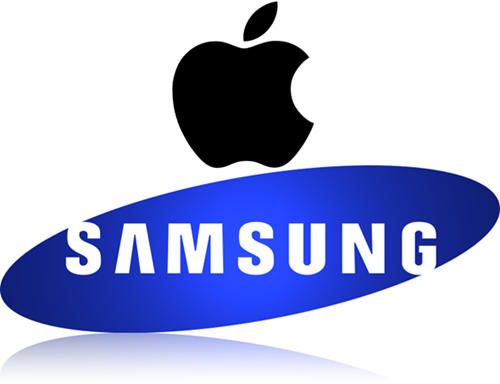It may not have been on the radar that much in the last few weeks due to everything that has been going on with both companies, but the differences that exist between Apple and Samsung relating to various infringements on held patents is still well and truly going on. Although, Apple has largely had the upper-hand in the dispute, a United States Court of Appeals has overturned the preliminary injunction that had earlier been placed on Samsung’s Galaxy Nexus smartphone.
The injunction in question had been in force for sixteen weeks and was first granted at the end of June by Judge Lucy Koh in the state of California. Overturning the decision isn’t exactly the end of the world for Apple, as the sales of the Nexus handset are pretty inconsequential at this stage but it is notable that the U.S. Appeals Court stated that awarding court in California had "abused its discretion in entering an injunction".
The complaint from Apple that actually led to the initial sales ban on the device centers around a patent that covers the retrieval of information by using a universal interface. The patent states that the invention provides convenient access to items of information that are related to various descriptors input by a user. In short, using an interface on the device to access a number of things through one central storage repository.
Back in June of this year, when the original order was executed, it was deemed that the Apple legal team had managed to convince the court that sales of the Galaxy Nexus could cause irreparable harm to the company – a phrase that we heard so often during the main patent trial in San Jose. The United States Appeals Court disagrees with that argument and believes that Apple has failed to provide any evidence regarding that case. The overturn was also issued due to Apple not being able to prove that owners of the Galaxy Nexus purchased the device primarily due to it having the features that are set to infringe on the patent.
Considering the Galaxy Nexus is one of the old aged pensioners of the current Samsung hoard of devices, the overturning doesn’t represent a huge victory. It does however mean that the Korean company has managed to have the injunctions on two devices that have previously been ruled to infringe on Apple’s patents lifted.
(via Reuters)
You can follow us on Twitter, add us to your circle on Google+ or like our Facebook page to keep yourself updated on all the latest from Microsoft, Google, Apple and the web.

